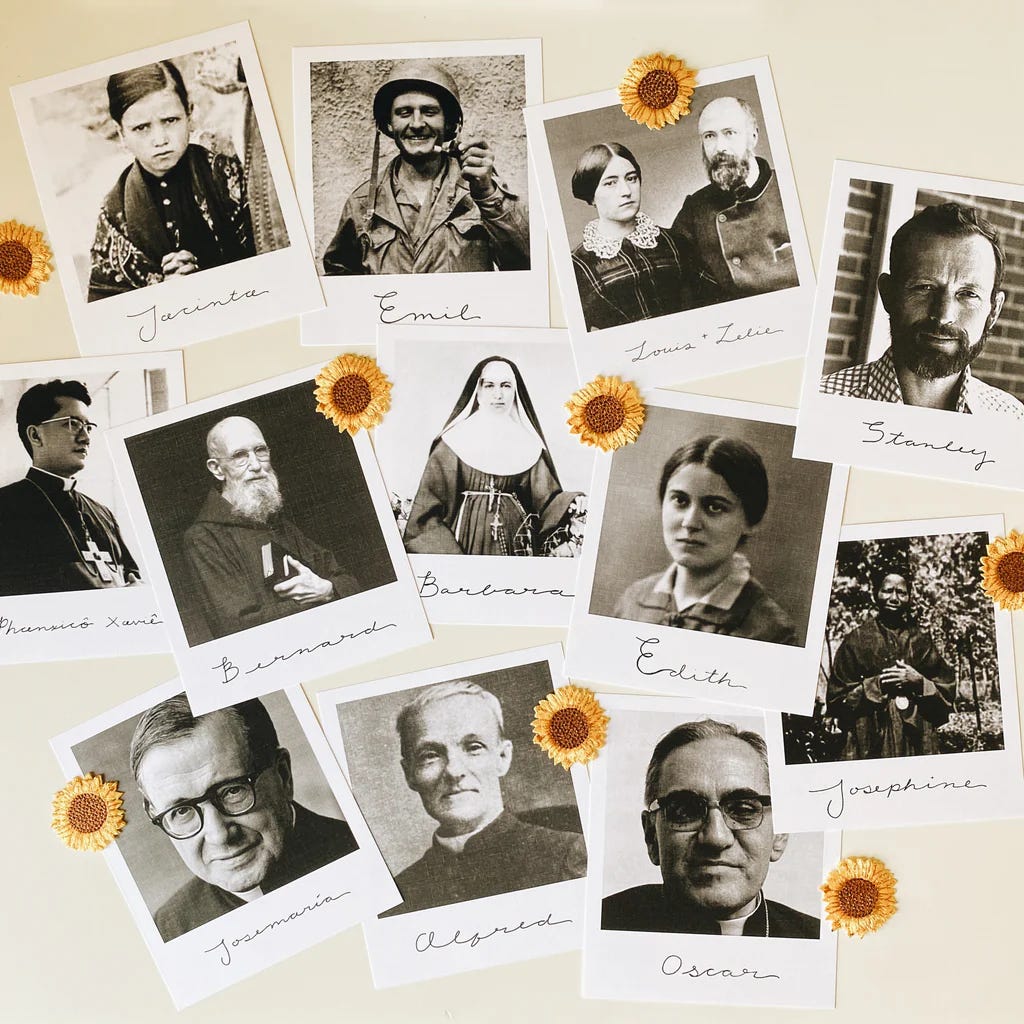Catholics are often criticized for the manner in which we worship and viewed with a false understanding of who we worship. Many say that we worship Mother Mary and other saints instead of God, or as if they were God. Our Mass is also condemned as false worship. Non believers accuse Catholics of worshiping a piece of bread that they see as merely a symbol. However, these criticisms, more often than not, stem from a misunderstanding of the word “worship”.
Several words in Hebrew and Greek in both the Old and New Testaments are translated to worship in English. Hebrew words often translated to worship include: aboda (work), shachah (to bend or bow down), halal (exuberant praise), shabach (loud praise). In Greek we have proskuneo (to do homage), latreia (service), and agalliao (to jump for joy). When all of these words are translated to worship it becomes problematic. Like the English word ‘love’, we simply lack adequate translations for complex Hebrew and Greek understandings. Because worship can be used as both a noun and a verb, its meaning is even harder to decipher. The English word “worship” comes from the old English word weorthscipe which means ‘worthiness, or acknowledgement of worth.’ The root word worth means “deserving of”. The suffix -ship means the state or condition of being. I like to think of the word worship as a state of deserving.
With this understanding of the word worship, let’s go back to the two criticisms of Catholicism mentioned above, first Mary and the saints. It must be made clear that Catholics do not hold the Blessed Virgin Mary or any saint at the same level as God the Father, Son, or Holy Spirit. So the question becomes, what do the saints and particularly Mary, the Mother of Jesus, deserve? What sort of acknowledgement are they worthy of? Here in the United States we have federal holidays and monuments in honor of people like George Washington and Martin Luther King Jr. We honor great athletes and artists with induction into a hall of fame.
In a similar way, Catholics give Mary what she deserves; admiration, love, and honor. She was the chosen vessel to birth Christ into the world. Through her free will she accepted this mission in humble obedience. We pray the Hail Mary using the words of Sacred Scripture to remind ourselves of her state of deservingness. She gave the Rosary to Saint Dominic as a tool for meditating on the life of her son, Jesus Christ, and a spiritual weapon to use against the wickedness of the devil.
The Saints lived extraordinary lives of faith and virtue. Many offered their lives in defense of the faith. Their lives can be examples and inspiration for us to lead holy lives. We can look to them as guides or mentors. We ask for intercessory prayers from Mary, the Saints, and our friends because we are called to be a community of believers journeying with one another toward salvation. With the understanding of worship as giving to one what they deserve, Catholics do rightly worship Mary and the Saints.
Now for the matter of worshiping God. What is God deserving of? Our very lives aren’t enough to give thanks for our redemption and salvation. God knew we were incapable of offering Him anything worthy so He gave us His Son. The Son, Jesus Christ, in turn gave Himself back to the Father as a worthy and perfect sacrifice for the sins of the world. He purchased our salvation with His Body and precious Blood. At each and every Mass, the priest and the baptized faithful, the Church, offer the sacrifice of the cross to the Father, through the Eucharist. The only worthy and acceptable worship of God is the sacrifice of Himself on the cross. He allows us to participate in this worship every day we attend Mass and participate in the Liturgy of the Eucharist.
While the institution narrative and consecration during the Liturgy of the Eucharist are important moments, they are not the point of the Mass. In the consecration we remember the incarnation when Christ became man, just as the bread and wine become the Flesh and Blood of Christ. Just as we are not saved through the incarnation, the point of the Mass isn’t the consecration, the very real presence of Jesus. However, the true presence is essential. It is because Christ is truly present in the Eucharist that the sacrifice is possible. When the priest raises the Body and Blood of Christ and says, “Through him, and with him, and in him, O God, almighty Father, in the unity of the Holy Spirit, all glory and honor is yours, for ever and ever” and we the faithful respond, “Amen” we participate in the sacrifice of Jesus to the Father. The Mass is the only justifiable worship of God our creator.






Excellent article
Beautiful explanation! Thank you